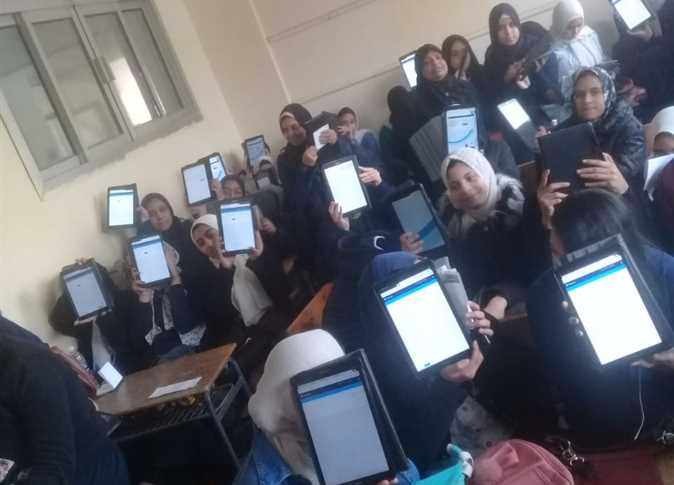The Committee for Justice (CFJ) human rights organisation has announced that the number of detainees suspected of being infected with coronavirus has risen to 225. These statistics come in the absence of any official statistics on the numbers of people infected with coronavirus in Egyptian prisons.
The organisation said that 149 were suspected as being infected while 76 others were confirmed, spread across 42 detention facilities in 12 governorates. The organisation recently launched a coronavirus counter which is updated weekly, but the organisation does not have access to all prisons and detention facilities, as the Egyptian authorities have banned official news and statistics.
The organisation did not record deaths from the virus this week, but has so far recorded 15 deaths in 10 detention facilities, in four governorates, since it emerged in Egypt. Of the 193 detainees who were infected or suspected of being infected the Ministry of Interior conducted tests on just 29 detainees, while it conducted blood tests for 33 others.
The organisation stated that among the 64 detainees who were confirmed to be infected 20 have recovered after the Ministry of Interior transferred them to isolation hospitals and allowed them treatment after their health deteriorated in the detention facilities.
The Ministry of the Interior transferred every suspected infection to the New Minya Prisons Hospital (southern Egypt) considering it a headquarters for treating people living with coronavirus in prisons and various places of detention. But that measure came at a time when healthcare conditions in various places of detention are deteriorating. Detainees’ families expressed their fears of transferring their relatives away from Cairo in a place where they can’t monitor them.
CFJ received information about the deteriorating health and living conditions in Wadi al-Natroun, Tanta, Zagazig, Burj Al Arab, Mansoura, and Tora Prison in particular. The information also indicated that the Ministry of the Interior has retreated from implementing preventive measures inside those headquarters in order to prevent and combat the spread of the virus, which constitutes a serious threat to the lives of detainees inside.
The CFJ called on the Egyptian Ministry of Interior to end the blackout on Egyptian prisons. It also called on the Egyptian Ministry to provide health care to prisoners and measures to protect and prevent the spread of the virus. CFJ demanded that the detainees be able to communicate with their families through the alternative measures provided for in Egyptian law.
In the same context, the al-Shehab Centre for Human Rights (an Egyptian civil society organisation) announced the spread of coronavirus in al-Abaadia prison in Damanhour city, al-Buhaira Governorate (north). Al-Shehab Centre confirmed the number of infected detainees are rising, adding that some have been placed in isolation (quarantine), and one of the infected was transferred to hospital due to the seriousness of his condition.
Al-Shehab Centre for Human Rights condemned the violations of the detainees and the deliberate neglect of the measures to prevent the epidemic, and held the Prison Authority and the Ministry of Interior responsible, and demanded that these violations be investigated, treatment be provided to the citizens, and that all detainees are immediately released to save them from the epidemic.
In line with the government’s decision to suspend large gatherings, according to recommendations from the Ministry of Health, the Egyptian Ministry of Interior decided to stop visits to prisons starting on Tuesday March 9, in the interest of public health and the safety of inmates. Although Egyptian authorities have relaxed preventive measures to advance the economy, the Ministry of Interior kept the prisons closed.
There are 68 prisons in Egypt, of which 26 were established after General Abdel Fattah al-Sisi assumed power. In addition to these prisons, there are 382 detention centres in police stations and centres in the various governorates, in addition to secret prisons in the military camps. However, overcrowding in prisons ranges between 160 per cent in prisons and 300 per cent in police stations, according to an official report issued in 2016 by the government-run National Council for Human Rights.
While the Egyptian authorities deny the existence of any political detainees in the country, the pro-regime Egyptian journalist, Mohamed el-Baz, admitted that the number of political prisoners and detainees in Egypt ranges between 110,000 to 140,000 prisoners and detainees, among whom 26,000 are held in pretrial detention and no judicial rulings have been issued against them, according to sources in the Egyptian Prisons Authority.





Recent Comments